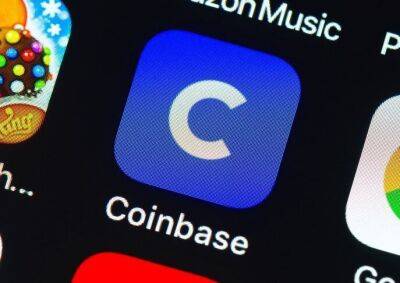Crypto exchanges tackle insider trading after recent convictions
In January, the brother of a former Coinbase product manager was sentenced to 10 months in prison for wire fraud conspiracy in what prosecutors called the first case of insider trading involving cryptocurrencies. In September 2022, Nikhil Wahi entered a guilty plea for executing trades based on private data obtained from his brother, Ishan Wahi, a former product manager for Coinbase.
Most countries have laws against insider trading, which carry stiff penalties like jail time and heavy fines. The recent insider trading investigation against crypto exchanges by the United States Securities and Exchange Commission indicates that regulatory bodies are prepared to stop financial misconduct in crypto marketplaces.
Without clear regulation, many have questioned whether other exchanges and platforms have similar rogue employees participating in illegal trades.
Prosecutors raised a similar case against an OpenSea executive in a lawsuit filed in October 2022, with concerns growing in the wake of the FTX collapse and the alleged misconduct of its executives.
Binance listings-related token dumps became a hot topic weeks after the first insider trading conviction. Conor Grogan, a director of Coinbase, used Twitter to draw attention to the recent transaction activities of a few anonymous wallets. The unidentified wallets allegedly purchased several unlisted tokens minutes before Binance announced their listing and sold them as soon as the announcement was made public.
These wallets have made hundreds of thousands of dollars off price spikes in new tokens listed on Binance. The trade’s accuracy suggests that the wallet owners have access to intimate knowledge about these listings. According to Grogan, this could potentially be the work of
Read more on cointelegraph.com






![New milestone for Tron [TRX], but will that really be enough - ambcrypto.com - Dominica](https://gocryptonft.com/storage/thumbs_400/img/2023/3/8/90431_5dso.jpg)






![Sellers, look out for these signs on Monero’s [XMR] price charts - ambcrypto.com](https://gocryptonft.com/storage/thumbs_400/img/2023/3/8/90423_ipo.jpg)


